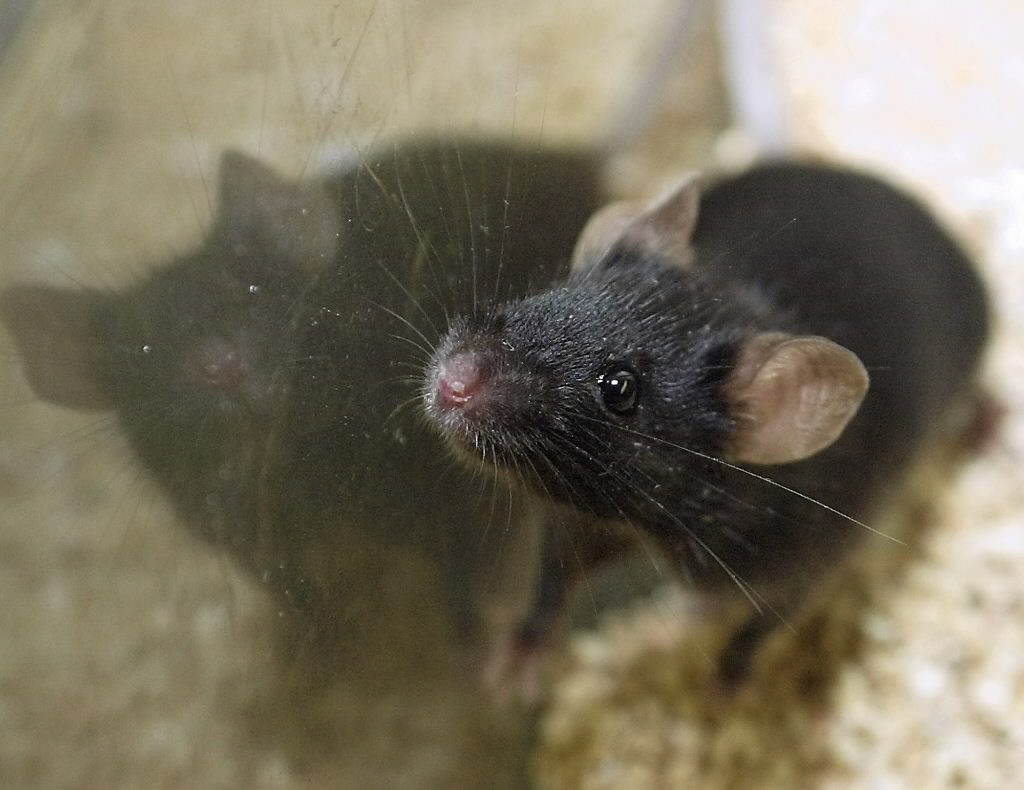New therapy halts progression of ALS in mice

Researchers at Oregon State University announced new therapy findings that essentially stopped the progression of ALS in mice.
The researchers stopped the progression of amyotrophic lateral sclerosis, which is also called Lou Gehrig’s disease, for nearly two years in one type of mouse used to study the disease.
Halting the progression of the debilitating and fatal disease allowed the mice to approach their normal lifespan, the researchers said.
The findings are some of the most compelling ever produced in the search for a therapy for ALS, according to scientists.
“We are shocked at how well this treatment can stop the progression of ALS,” said Joseph Beckman, lead author on this study, in a news release.
No treatment has been discovered for ALS that can do anything but prolong human survival less than one month. The mouse model used in the study, however, is one that scientists believe may more closely resemble the human reaction to the treatment, according to the news release.
Researchers are moving as quickly as possible toward human clinical trials, testing first for safety and efficacy of the new approach.
The therapy uses a compound that delivers copper specifically to cells with damaged mitochondria and reaches the spinal cord, where it’s needed to treat ALS, according to the researchers.
Using the treatment, the researchers stopped the progression of ALS in mice that would ordinarily die within two weeks without treatment. Some of the mice have survived for more than 650 days, according to the researchers.
In some experiments, the treatment was begun, then withheld. In those cases, the mice began to show ALS symptoms within two months after treatment was stopped and would die within another month, according to the researchers.
If treatment was resumed in those mice, however, the mice gained weight, progression of the disease stopped again and the mice lived another six to 12 months, according to researchers.
“We have a solid understanding of why the treatment works in the mice, and we predict it should work in both familial and possibly sporadic human patients,” Beckman said in the news release. “But we won’t know until we try.”
“We want people to understand that we are moving to human trials as quickly as we can,” Beckman added. “In humans who develop ALS, the average time from onset to death is only three to four years.”
